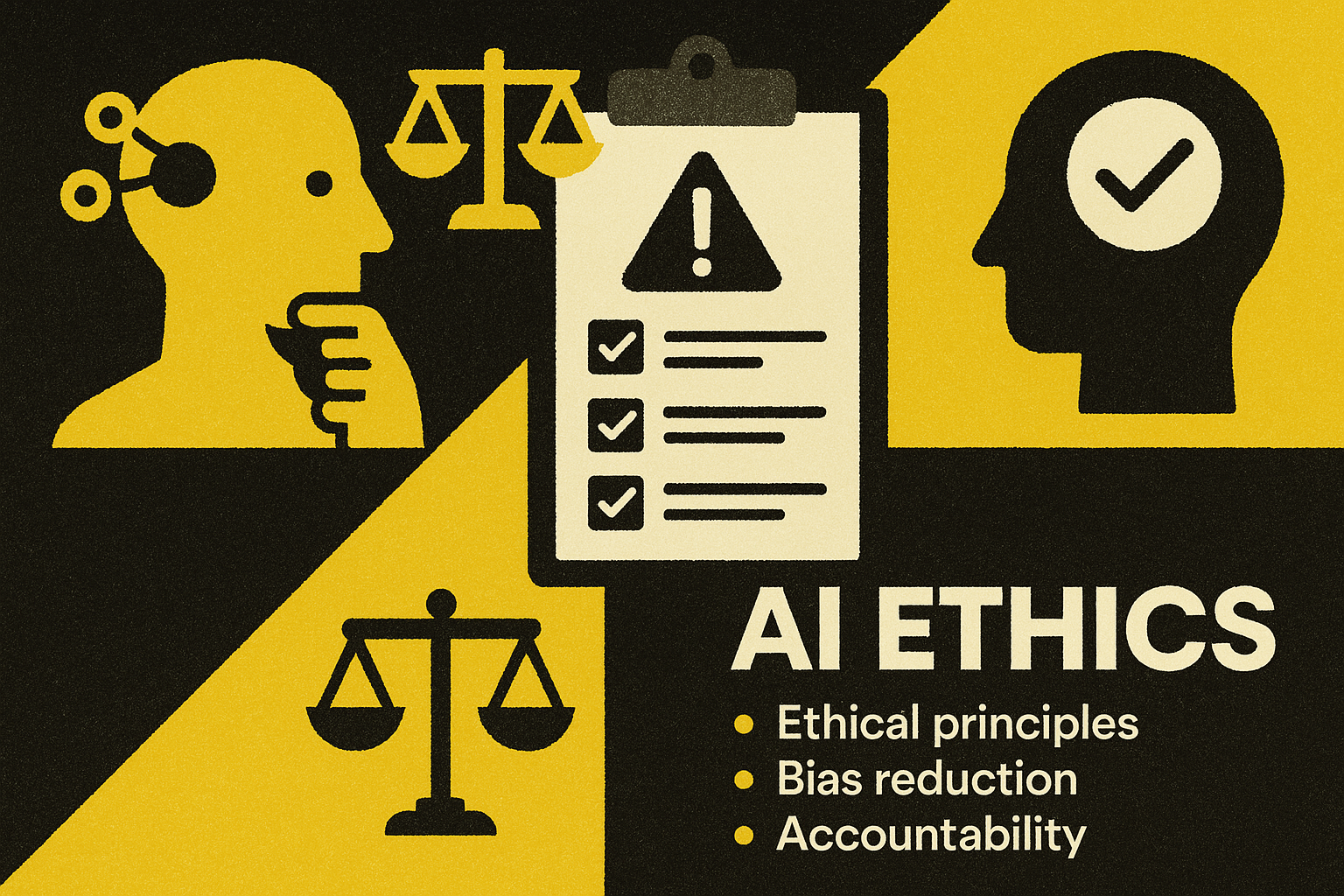Schedule a Demo
Recruitment and staffing for CEO positions requires a nuanced approach. The stakes are high, and the pool of candidates is often limited to a select group of seasoned executives. To attract top CEO talent, it's crucial to understand the language and keywords that resonate with this demographic. In my experience, crafting a keyword strategy that aligns with the aspirations and current concerns of CEOs can significantly enhance the visibility and appeal of your recruitment efforts.
When targeting CEO talent, certain keywords stand out as particularly effective. Phrases like "executive leadership," "strategic vision," and "transformational change" are powerful. These terms speak directly to the skills and qualities that top executives pride themselves on. Additionally, keywords such as "C-suite," "board of directors," and "corporate governance" are essential, as they reflect the environments and roles that CEOs are familiar with and aspire to.
Industry-specific keywords can make a significant difference in attracting the right CEO talent. For instance, if you're recruiting for a tech company, terms like "tech industry," "innovation," and "digital transformation" are crucial. Conversely, for a manufacturing firm, keywords like "operational efficiency," "supply chain management," and "lean manufacturing" might be more appropriate. Tailoring your keywords to the specific industry not only increases relevance but also signals to potential candidates that you understand their sector's unique challenges and opportunities.
CEOs today need a blend of hard and soft skills. Keywords that reflect hard skills, such as "financial acumen," "M&A experience," and "global expansion," are vital. However, soft skills are equally important. Terms like "emotional intelligence," "leadership development," and "team building" should also be included. In my work with various organizations, I've seen how a balanced approach to these skills can make a recruitment campaign stand out and appeal to well-rounded CEO candidates.
Staying abreast of current trends and issues in the business world can inform your keyword strategy. For example, with the rise of remote work, keywords like "remote leadership" and "virtual teams" have become increasingly relevant. Additionally, topics like "sustainability," "ESG (Environmental, Social, and Governance)," and "diversity and inclusion" are critical. Incorporating these into your recruitment materials can signal to CEO candidates that your organization is forward-thinking and aligned with contemporary values.
SEO is not just for websites; it's also crucial for recruitment materials. Using primary keywords like "CEO recruitment" and "executive search" strategically throughout your content can improve its visibility. Ensure these keywords are integrated naturally, avoiding overuse that could make the content feel forced. Additionally, using related keywords like "talent acquisition" and "leadership hiring" can broaden the reach of your recruitment efforts and attract a wider pool of potential candidates.
Incorporating case studies and success stories into your recruitment strategy can be highly effective. These narratives provide concrete examples of how your organization has successfully placed CEOs in the past. Keywords like "case study," "success story," and "executive placement" can be used to highlight these achievements. Sharing real-world examples not only builds credibility but also helps potential candidates visualize their potential role and impact within your organization.
Professional networks and platforms like LinkedIn are invaluable for CEO recruitment. Keywords such as "LinkedIn," "executive networking," and "professional development" can enhance your visibility within these spaces. Engaging with these networks allows you to tap into a community of high-caliber professionals who might not be actively seeking new opportunities but could be persuaded by the right offer. In my experience, a well-crafted message using these keywords can open doors to conversations with top-tier talent.
It's essential to measure the effectiveness of your keyword strategy. Tools like Google Analytics and LinkedIn Insights can provide data on how well your keywords are performing. Look for metrics like page views, engagement rates, and conversion rates to assess which keywords are driving the most interest from potential CEO candidates. Based on available research, individual results may vary, but continuous monitoring and adjustment of your keywords can lead to improved recruitment outcomes.
Transparency and ethical considerations should underpin your recruitment strategy. When using keywords like "ethical leadership" and "corporate responsibility," ensure that your organization genuinely embodies these values. Misleading potential candidates with keywords that don't align with your company culture can lead to dissatisfaction and turnover. In my experience, honesty and integrity in recruitment not only attract the right candidates but also foster long-term success.
Personal branding is increasingly important for CEOs. Keywords like "personal branding," "thought leadership," and "public speaking" can appeal to candidates who value their professional reputation. Highlighting opportunities for personal growth and visibility within your organization can be a compelling draw. I've seen how emphasizing these aspects can attract CEOs who are looking to enhance their personal brand while contributing to the success of your company.
Integrating keywords effectively into your recruitment process requires a multi-faceted approach. From job descriptions and company websites to social media posts and email campaigns, every touchpoint should be optimized. Keywords should be woven into the narrative, not just listed as bullet points. For example, a job description might say, "We are seeking a CEO with a strategic vision to lead our company through transformational change." This approach not only enhances SEO but also creates a compelling story that resonates with potential candidates.
Finally, consider future-proofing your keyword strategy. The business landscape is constantly evolving, and so are the terms and concepts that matter to CEOs. Staying informed about emerging trends and adapting your keywords accordingly can keep your recruitment efforts relevant. Keywords like "AI leadership," "cybersecurity," and "future of work" might become increasingly important. By anticipating these shifts, you can position your organization as a forward-thinking employer that is ready to meet the challenges of tomorrow.
